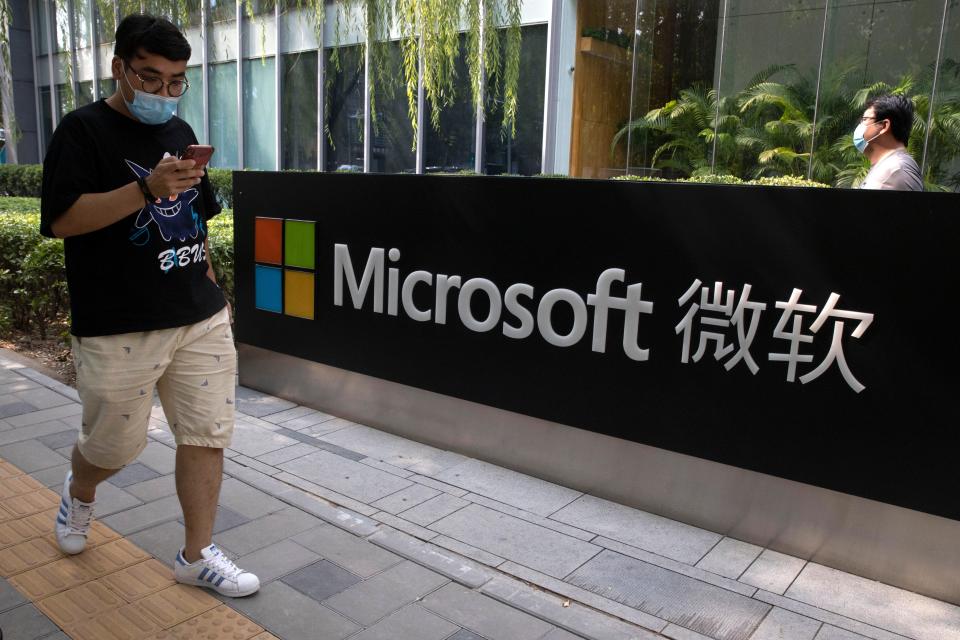Microsoft: Global chip shortage will ‘constrain’ Windows and Surface products until next year

Microsoft has warned that the worldwide chip shortage, which has affected the production of smartphones, laptops, and other internet-connected devices, will continue into next year before the industry starts to recover.
In the company’s fourth-quarter earnings call Microsoft’s chief financial officer Amy Hood said that its Surface and Windows revenue had been affected dramatically by supply-chain issues.
“Windows Commercial, gaming and search [was] offsetting OEM [original equipment manufacturer] and Surface weakness from supply chain constraints”, Hood said, with Surface revenue dropping by up to 23 per cent due to the impact of the “significant supply chain constraints noted earlier in a good demand environment”.
The company also expects “revenue to decline in the low teens as we continue to work through the supply chain challenges.”
Such a problem comes as Microsoft is attempting to push Windows 11, its new operating system, to consumers – but with the majority of machines unable to run the OS due to controversial hardware restrictions further difficulty in buying new devices are unlikely to encourage users to swap over.
The lack of chips is an unexpected result of several factors, including the Covid-19 pandemic and the trade war between the United States and China.
Many companies, including car manufacturers and console makers, have had to cut their demands for semiconductors.
“Semiconductors go in virtually everything, and what happened was when Covid hit, everyone thought the demand side was going to decline significantly and in fact we saw the opposite. We saw the demand side increase,” Cisco’s chief executive Chuck Robbins has said.
Huawei, the chip maker that has been the subject of national security concerns across the Atlantic, has pointed the blame at the former Trump administration’s blacklisting of them.
Although President Biden has said that it will try and stem the impact on American companies by undertaking a “comprehensive review of supply chains for critical goods," it is unlikely that Huawei’s embargo will be revoked.
The CEOs of both Intel and Taiwan Semiconductor Manufacturing Company (TSMC) said in April that this scarcity could last until 2023. The United States is attempting to get TSMC to build a $12 billion chip factory in the country to alleviate the problem, but such a development could take several years.
Read More
Tesla rival Lucid Motors shares rise on first day of public trading
Ostrich-inspired two legged robot Cassie crosses 5km running milestone
Middle-aged stars experience ‘midlife crisis’ when their rotation rate slows down, says study
